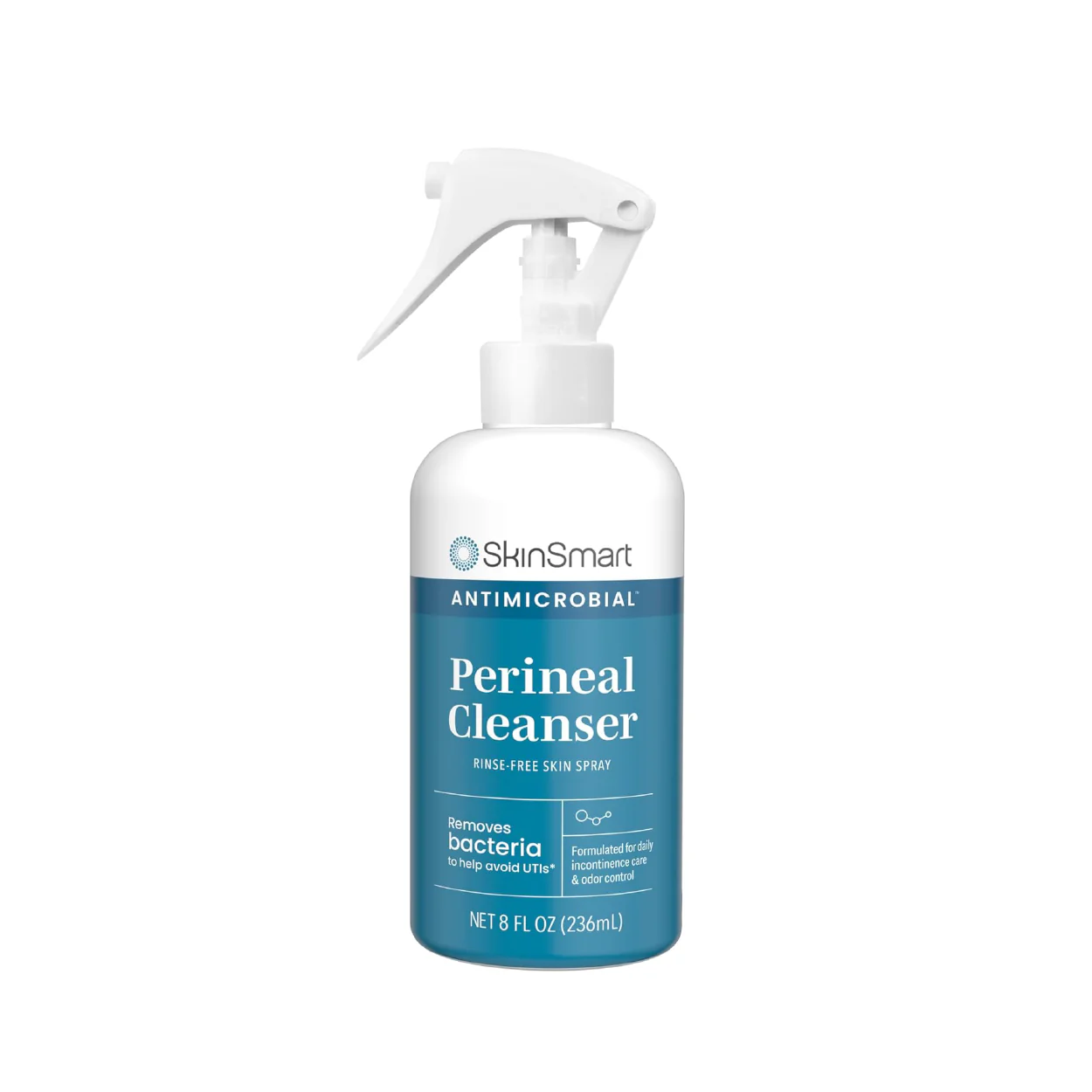Antimicrobial skin spray is a specialized product designed to reduce or eliminate the presence of microorganisms, such as bacteria, fungi, and viruses, on the skin. Unlike traditional antiseptics or sanitizers, these sprays often include advanced formulations that not only disinfect but also promote skin health by being gentle and non-drying. With growing awareness of hygiene and infection prevention, antimicrobial skin sprays have become a staple in personal care, healthcare, and even industrial settings.
This article explores what antimicrobial skin sprays are, how they work, their benefits, and the various applications for this versatile product.
How Antimicrobial Skin Spray Works
Antimicrobial skin sprays function by targeting and neutralizing harmful microorganisms on the skin. These sprays typically contain active ingredients such as benzalkonium chloride, silver ions, or hypochlorous acid, which are known for their broad-spectrum antimicrobial properties. Some sprays also include alcohol for immediate disinfection, while others use non-alcoholic formulations to provide longer-lasting protection without the drying effects commonly associated with alcohol.
When applied to the skin, the active ingredients disrupt the cell membranes or metabolic processes of microorganisms, effectively killing or inactivating them. Some antimicrobial sprays form a protective barrier that continues to inhibit microbial growth for hours after application, making them particularly useful in environments where exposure to pathogens is high.
Read more : How to Use Your Bank Statement
Benefits of Antimicrobial Skin Spray
Antimicrobial skin sprays offer several advantages over other hygiene products, making them an essential tool for maintaining skin health and preventing infections.
- Convenience: These sprays are easy to apply and require no rinsing, making them ideal for on-the-go use.
- Broad-Spectrum Protection: Many antimicrobial sprays are effective against a wide range of microorganisms, including bacteria, viruses, and fungi.
- Skin-Friendly Formulations: Modern sprays are often enriched with moisturizing and soothing agents, such as aloe vera or glycerin, to prevent dryness and irritation.
- Long-Lasting Effects: Some products provide extended protection, reducing the need for frequent reapplication.
- Versatility: Antimicrobial sprays can be used on various parts of the body, including hands, feet, and areas prone to irritation or infection.
Applications of Antimicrobial Skin Spray
Antimicrobial skin sprays have a wide range of applications, making them suitable for personal, medical, and industrial use.
- Personal Hygiene: These sprays are a convenient alternative to hand sanitizers and are often used for general hand hygiene or to disinfect minor cuts and abrasions. They are particularly useful for individuals with sensitive skin or those who prefer non-alcoholic formulations.
- Medical Use: In healthcare settings, antimicrobial sprays are used to clean and protect wounds, surgical sites, and areas prone to infection. Their ability to reduce microbial load without harming healthy tissue makes them a valuable tool in wound care and surgical preparation.
- Sports and Fitness: Athletes and fitness enthusiasts use antimicrobial sprays to disinfect their skin after workouts, particularly in areas exposed to gym equipment or communal surfaces. These sprays can also help prevent conditions like athlete’s foot or ringworm.
- Travel and Public Settings: Antimicrobial sprays are a convenient option for maintaining hygiene while traveling or in crowded public spaces. They provide a quick way to clean hands or disinfect exposed skin when soap and water are not readily available.
- Specialized Uses: In industrial or occupational settings, antimicrobial sprays are used to protect workers from exposure to harmful pathogens, particularly in industries like food processing or healthcare.
Types of Antimicrobial Skin Sprays
There are several types of antimicrobial skin sprays available, each tailored to specific needs:
- Alcohol-Based Sprays: These offer fast-acting disinfection and are effective against bacteria and viruses. However, they may cause dryness with prolonged use.
- Non-Alcoholic Sprays: These use ingredients like benzalkonium chloride or silver ions to provide gentle, long-lasting protection without drying out the skin.
- Hypochlorous Acid Sprays: Known for their broad-spectrum antimicrobial properties, these sprays are safe for sensitive skin and can be used on wounds or delicate areas.
- Herbal and Natural Sprays: These incorporate plant-based ingredients, such as tea tree oil or eucalyptus, to offer antimicrobial effects with a focus on natural formulations.
Potential Side Effects and Precautions
While antimicrobial skin sprays are generally safe for use, it is important to follow the manufacturer’s guidelines to avoid potential side effects. Prolonged or excessive use of alcohol-based sprays can cause dryness, irritation, or cracking of the skin. For individuals with allergies or sensitivities, it is advisable to check the ingredient list for potential allergens.
Additionally, antimicrobial sprays should not be used as a substitute for proper wound care or medical treatment for serious injuries. In such cases, consulting a healthcare professional is essential.
Antimicrobial skin sprays are a convenient and effective solution for maintaining hygiene and preventing infections. Their versatility, ease of use, and skin-friendly formulations make them a valuable addition to personal care routines, healthcare practices, and various other settings. By targeting harmful microorganisms while protecting and soothing the skin, these sprays help promote health and wellness in an increasingly hygiene-conscious world. Whether for daily use or specialized needs, antimicrobial skin sprays offer a practical and reliable way to protect yourself and others from potential infections.

